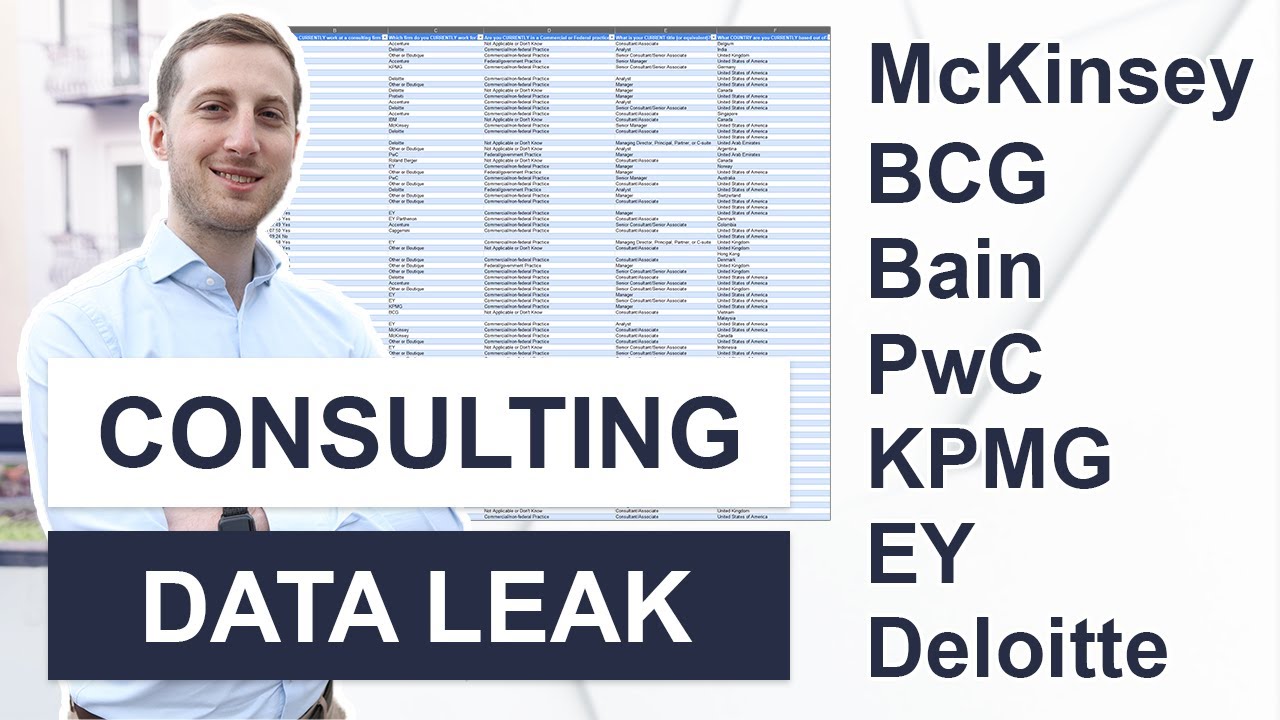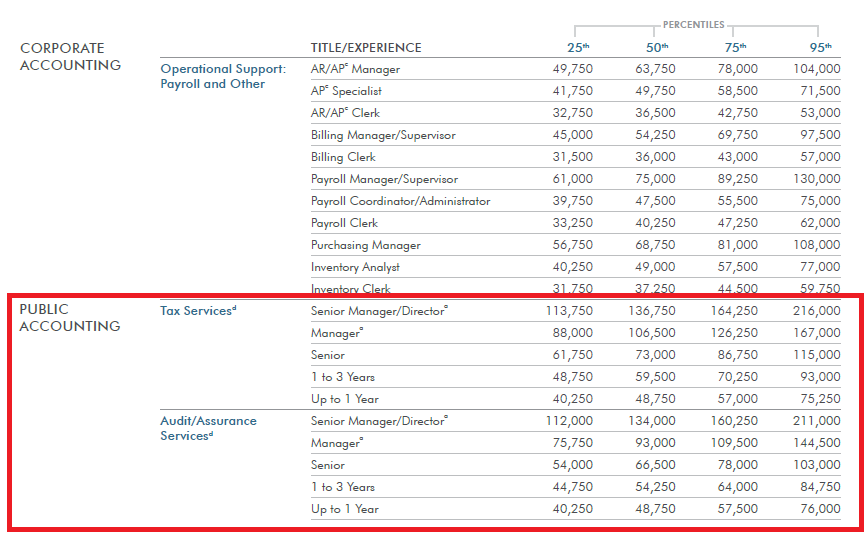
Writing a creative short can be daunting. It is important to convey the vision of your client without using jargon or fluff. To help the client solve their problem, your creative brief should be clear, simple, and easy to understand. However, it should not be a complete solution, but a starting point that challenges the design team to think creatively. It should be carefully crafted to solve the client's problem.
Develop a key consumer benefit (KCB)
One way to focus your marketing efforts is to create a creative brief that focuses on a single benefit or pain point for the audience. The key consumer benefit could be a feature, benefit or outcome that the audience wants to attain. A key benefit or pain point is the ultimate goal of a project, or the feeling that you want your audience to have after using a product or service.
Make sure you analyze your competition's products and target audiences when developing a creative short. This will allow you to narrow the scope of your search and help you determine your company’s niche in this market. Develop a KCB. This is a key message that describes the solution your product or service will provide to customers. Next, make sure to include testimonials and stories in the creative brief.

Include deliverable dates
When composing a creative brief, always make sure to include your deadlines and deliverable dates. This will prevent confusion later. Include any brand guidelines or internal messaging. Your creative team will achieve your goals better if you provide more information. Include the date you want to see the project completed, along with any revisions or approvals you need to make. In addition, remember to include the deliverable dates for each stage of the project.
Last but not least, include a comprehensive description of your target market, your competition, as well as the market where your company is operating. You should include a concise brief and your company's messaging to your target audience. A concise and clear creative brief will avoid endless revisions. It will also make it easier for your agency not to forget any information.
Include brand guidelines
Your creative brief should include brand guidelines. This will ensure that your work is consistent and in tune with the brand's values. These guidelines will help the designer understand the brand's voice and vision and make sure the work created reflects that vision. Here are some tips for including brand guidelines in your creative brief. These guidelines can be used to create your campaign brief. It should contain these five elements. This will ensure that every detail in your creative brief is included.
The brief should cover the entire brand. But it shouldn't be too detailed. The brief should give a quick overview of your brand and target audience with a few paragraphs detailing the goals. It should also include background information on the brand, including the target audience. If the brand is not known by the creative team, they should be in a position to learn and complete it. The creative brief should also include brand guidelines and deliverables.

Include client's voice
Include your client's voice when creating creative briefs. This is often the hardest part. The creative brief can be daunting because there is so many details to consider. Here are five reasons projects often fail. All of these reasons do not stem from the creative brief. However, they are all connected to a conflict with the project's artistic elements. Here are some ways to make your brief appealing to clients.
The brief should include the key elements of each project. Include your client's voice and style, as this will inform your work. Include demographic and behavioral information about your target audience. This will help your team to come up with an effective content strategy. Keep in mind that your messaging needs to be persuasive and nudge your target audience towards taking action. In the creative brief, include the voice, tone, or style of your client.
FAQ
Do I need a degree to be a consultant?
It is best to study a subject well and then practice what you have learned.
Start studying today if you want the skills to be a great manager!
It may be difficult to get hired if your degree is not accompanied by relevant work experience. If you have demonstrated that you have studied the same subjects as those who received the jobs, then you may still be eligible to apply.
Employers will always be attracted to candidates who are able to apply their real-world skills.
What qualifications do you require to become a Consultant?
It's not enough just to have an MBA degree; you must also demonstrate experience working as a business consultant. You must have at least two years' experience working in consulting and/or training within a large company.
Your experience in strategy development projects requires that you work closely with senior managers. This requires you to feel confident presenting ideas to clients, and getting buy-in.
You'll also need to pass a professional qualification exam such as the Chartered Management Institute's Certified Management Consultant (CMC) certification.
Why should consultants be hired?
There are many reasons to hire consultants.
-
Your organization may have a specific project or problem that needs solving
-
You want to improve or learn new skills.
-
You want to work with an expert in a particular field
-
No one else is available to take on the task.
-
You feel overwhelmed by all the information and don’t know where to begin.
-
It's impossible to afford to hire someone full-time.
Word of mouth is the best way to find a great consultant. Ask your friends and family if they know of any reliable consultants. Ask someone you already know to recommend a consultant.
You can use online directories such as LinkedIn to find consultants in your local area.
How can I find clients for my consulting business?
It is important to identify an area of passion. It could be anything from social media to public relations, but there must be something you feel strongly about. If you don't feel passionate about it, you might need to start small with web design. Once you've found this niche, make sure you understand what makes it tick. What problems can it solve? Why should people use this? What can you do to support them?
You can also contact businesses directly.
If all else fails, why not offer your services at free events like networking evenings and conferences? You'll get to know many potential clients without spending money advertising.
What are the different types of jobs available for consultants?
You will need to be able to understand business strategy and operations if you want to work as a consultant. It is important to understand the workings of businesses and how they fit into society.
Consultant work requires excellent communication skills and the ability to think critically.
Because they might be required to complete different tasks at different times, consultants must be flexible. They must be able and willing to adapt quickly to changes in direction.
They should be able to travel extensively for clients. This type of work can take them all over the world.
They also need to be able to handle pressure and stress well. Consultants may need to meet strict deadlines.
Consultants are often expected to work long hours. You might not always be paid overtime.
How can I become an expert consultant?
Find an area that you are passionate about. You must then build relationships. You need to know what clients want and how they operate. The final step is to provide results.
While you don't need to be the best at all things, it is important to be better than others. Passion is key. It doesn't suffice to say, "I will be a consultant." You must believe in yourself.
Statistics
- According to statistics from the ONS, the UK has around 300,000 consultants, of which around 63,000 professionals work as management consultants. (consultancy.uk)
- WHY choose me: Why your ideal client should choose you (ex: 10 years of experience and 6-week program has helped over 20 clients boost their sales by an average of 33% in 6 months). (consultingsuccess.com)
- Over 50% of consultants get their first consulting client through a referral from their network. (consultingsuccess.com)
- According to IBISWorld, revenues in the consulting industry will exceed $261 billion in 2020. (nerdwallet.com)
- On average, your program increases the sales team's performance by 33%. (consultingsuccess.com)
External Links
How To
How do I find a good consultant?
The first step in finding a good consultant is understanding what you want from your consultant. Are you looking for them to improve the performance of your website? Do you need them to optimize your site so that it ranks higher in search engines' results? Maybe you want someone to check on your current hosting provider and tell you if it is in need of improvement. When you are clear about the services you require, you can start to look at other companies. While there are many consultants that claim to be able provide these services for you, not all of them will. How can you pick the right one? Here are some things that you need to keep in mind when selecting a consultant.
-
Get referrals. This is the best way to select a consultant. You shouldn't hire someone you haven’t met before as they will probably charge you too much. You don't want to work alongside someone whose reputation hasn't been established. If you are lucky enough to be referred by people you trust, that's awesome! However, even if this is not possible, you might still be able check reviews online. Look for testimonials and case studies where clients have used your service.
-
Ask around. Many people don't realize that consulting could be beneficial for them. They assume that their current situation is fine and they don’t need changes. This is often not true. Even if your results are great, there's a good chance that you haven’t kept up with the latest trends and technologies. Your business could be missing out if it relies on outdated methods. It is always worthwhile to ask around for recommendations of good consultants.
-
Verify their qualifications. You need to verify their qualifications when you are searching for a consultant. It doesn't matter if they are qualified for the task or not; make sure they are knowledgeable in the field.
-
Find out what kind of projects they specialize in. You might think that everyone can handle all projects, but this is false. Some areas require specific education or training. You won't hire a Drupal developer if you need to build a WordPress template. The same goes for graphic design, programming languages, etc. Be sure to ask what kinds of projects they typically work on.
-
Be aware of their fees. As we said, you don't want to pay too much for a consultant. But you also don't want to pay too little either. Consultants come in many sizes and shapes. Some bill hourly, while others are charged per project. It's cheaper to know upfront what you are paying than later.
-
Find out what they offer. Are they available for free consultations They will be able to offer you guidance on setting up your own system. Is there a guarantee that your site will rank higher after working with them? You have the right to cancel at any time if you aren't satisfied with what was said during your consultation.
-
Also, ask if discounts are available for multiple months and years. Many consultants offer discounts for longer periods. It is not necessary to commit to an entire year. However, you could still benefit from any deals offered by the consultants.